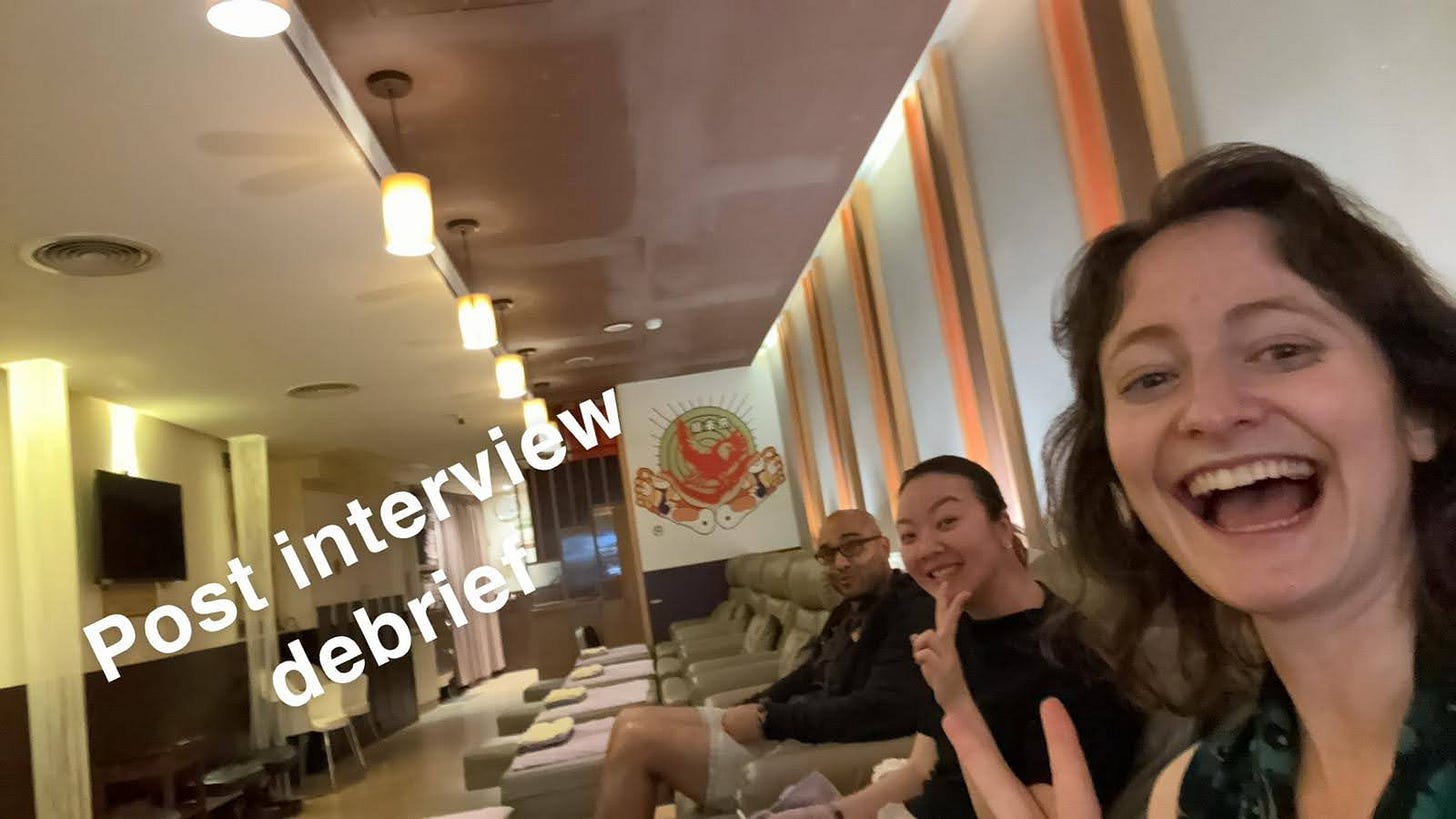Generative Propaganda Explained
The plain English version of an academic paper on Generative AI and political manipulation
I first posted a version of this article on LinkedIn, translating a GenAI academic paper I co-authored into plain English.
China has long been waging a war of words with Taiwan, aiming to erode trust in democracy and normalize pro-Beijing narratives. In early 2025, Taiwan’s National Security Bureau reportedly detected more than 500,000 AI-generated or manipulated posts linked to China’s ongoing cognitive warfare campaign. (CNA report in Chinese; Reuters in English)
As researchers have noted, these operations aren’t just about influencing elections; they’re about reshaping what feels “normal” in Taiwan’s digital public sphere (arXiv).
In this new paper I co-authored with researchers from Microsoft, University of Michigan, Princeton, Cornell, and others, lead researcher Madeleine Daepp introduced the concept of Generative Propaganda: the use of generative AI not just to deceive people, but to shape what feels important online, specifically in the political context.
I first joined the research team during the 2024 presidential election in Taiwan, working alongside Microsoft researchers Madeleine Daepp and Robert Osazuwa Ness in their fieldwork. After each interview with journalists, fact-checkers, and civic technologists, we’d spend hours debriefing on what we’d learned, parsing the cultural, social, and geopolitical nuances that shape how information circulates in Taiwan’s democracy.
We were anticipating a flood of vicious deepfake videos before the election. The experts we talked to in Taiwan were bracing themselves for the onslaught. But that’s not what we found. GenAI use was subtler, and arguably harder to fight.
Generative AI was being used to:
Distort attention, flooding social media with same-same-but-different AI-generated posts that made it harder to see what was real or important. Whereas spammers and bots used to copy-paste to scale (termed CopyPasta), AI can paraphrase endlessly, limited only by the number of tokens = AIPasta (coined by Saloni Dash, Emma Spiro et al. in this paper). Identical, artificial posts were easier to detect; AI makes spotting bots a lot harder.
Cross language barriers, spreading messages across Mandarin Chinese and English faster than humans could translate or verify. AI’s ability to localize rather than merely translate—mimicking Taiwanese vernacular rather than using phrases commonly used in Mainland China, which used to be a “tell” for malicious infiltration from across the Taiwan Strait—made fake posts much harder to detect.
Amplify existing narratives, rather than outright lying, to crowd out competing truths and opinions. In Chinese, we call it 帶風向, literally to “lead the direction of the wind” but better translated as manipulating public opinion.
The real threat in GenAI on social media isn’t just falsehoods. It’s not so black and white. How GenAI really changes the game, especially when it comes to propaganda, lies in its Efficiency Gains: the speed at which it can multiply, test, remix, and reinforce narratives until they feel inevitable.
And then you walk into the office the next day and wonder, “where are all these people who are mad about [insert controversial hot take]?”
You can read the full paper here: Generative Propaganda - working paper on arXiv. Credit to Madeleine Daepp, Alejandro Cuevas, Robert Osazuwa Ness, Joyojeet Pal, Ti-Chung Cheng, Bharat Nayak, Dibyendu Mishra, Shaily Desai, Saloni Dash, and Dan Vann!
So what do you think? Do you feel like the reality you’re experiencing online isn’t matching your day-to-day interactions with real life human beings? Have you noticed more fake or suspicious-looking accounts interacting with your content on social media?




Couldn't agree more, the concept of AI reshaping what feels normal in the digital sphere is profoundly fascinating, truly showing its insidious potencial.
This is a very interesting topic I had never thought about. Now I want to learn more. It is insidious, and therefore scary. How will we survive all of these efforts to confuse and control us?